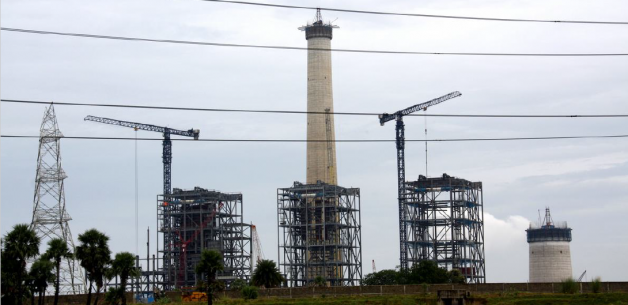The GKEL power plant in Odisha. Photo: Joe Athialy
In June 2017, the Board of the Asian Infrastructure Investment Bank will approve the bank’s new Energy Sector Strategy. In it, the AIIB explicitly commits to the Paris Climate Agreement and the United Nations’ Sustainable Development Goals. This is good news for both climate and energy access for poor communities.
However, many in civil society are worried that the strategy does not specifically stop the AIIB from financing coal. The AIIB will face a litmus test on this issue very soon. In its pipeline of proposed projects, the AIIB lists the India Infrastructure Fund as a potential recipient of a $150 million equity investment. Infrastructure investments, by their very nature, can have significant impacts on people and the environment; while the proposed investment model – of AIIB lending through a financial intermediary – carries with it high risks of diluting social and environmental protections.
To highlight some of these risks and assess whether the AIIB’s standards are robust enough to address them, Bank Information Center Europe and Center for Financial Accountability India are co-publishing this report in order to draw out wider lessons to guide the AIIB in achieving its aim of “ensuring the environmental and social soundness and sustainability of Projects”.


